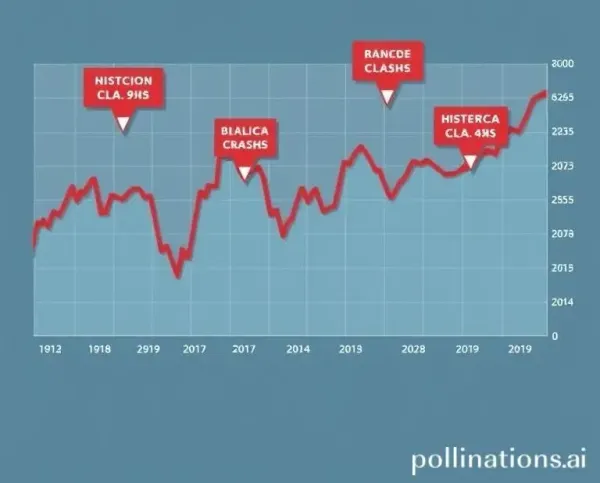Navigating Uncertainty: What a Missed Earnings Report Means for Investors
Discover insights on how to react when a company misses earnings and what it means for your investments.

Ever wondered what a missed earnings report really means for your investments? You're not alone. Picture this: you've just received news that a company you're invested in has reported earnings lower than expected, and you're left scratching your head, wondering what to do next.
Understanding the Ripple Effect of Earnings Miss
When a company misses its earnings expectations, it's natural to feel a wave of uncertainty. These reports are more than just numbers—they're insights into a company's performance and can greatly influence stock prices. But don't hit the panic button just yet.
What's Behind the Numbers?
There's often more to the story than the headline suggests:
- Temporary Setbacks: Sometimes, a missed earning is due to temporary challenges like supply chain hiccups or unexpected costs.
- Market Conditions: External factors such as economic downturns can impact earnings, even if the company is doing all the right things.
- Strategic Investments: Companies may pursue new strategies that temporarily impact earnings but could lead to long-term growth.

Adapting Your Investment Strategy
Reacting to earnings reports requires a balanced approach. Here's a little story to illustrate: Imagine you're hiking and a sudden detour blocks your path. Instead of turning back, you'd assess the situation and find a new route. The stock market isn't much different.
Strategies to Consider
- Review Your Goals: Use this opportunity to revisit what you want from your investments. Are you focused on long-term growth or short-term gains?
- Diversify: Consider diversifying your portfolio to spread out risk.
- Research: Dive deeper into the company's fundamentals. Understand why the miss happened and the future outlook.

The Art of Patience and Perspective
Earnings misses can trigger fear, but a moment of reflection can offer valuable perspective. Let's face it—every investor has been there. What's important is deciding whether to stay the course or adjust your approach.

In the end, remember that investing is a marathon, not a sprint. How do you handle the unexpected in your investment journey? Share your thoughts below!




